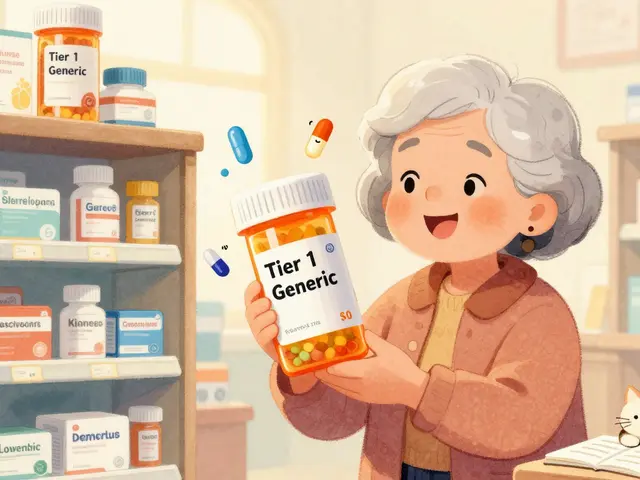Understanding Vaginal Burning: What It Means and How to Ease It
If you’ve felt a sudden sting down there, you’re not alone. Vaginal burning is an uncomfortable signal that something in the area needs attention. It can happen at any age and for many reasons, so figuring out why is the first step toward relief.
Common Causes of Vaginal Burning
Most women experience burning because of a yeast infection. The fungus grows when the natural balance shifts, leading to itching, redness, and that hot feeling. Bacterial vaginosis, another imbalance, also brings a fishy odor and irritation.
A urinary tract infection (UTI) can spread to nearby tissues and cause a burning sensation during urination or even at rest. Allergic reactions matter too—some soaps, laundry detergents, or condoms contain chemicals that irritate the delicate skin.
Hormonal changes are big players. During menopause, estrogen drops, thinning the vaginal walls and making them more sensitive. Pregnancy hormones can do the same thing, as can birth control pills for a short time.
How to Find Relief Quickly
First, keep things clean but gentle. Use warm water only—skip scented wipes or harsh soaps that strip natural oils. A cotton underwear and loose clothing let air flow, cutting down moisture where germs love to grow.
If you think a yeast infection is the culprit, over‑the‑counter antifungal creams work for most mild cases. Apply as directed for seven days, even if symptoms fade early, to prevent a comeback.
For bacterial vaginosis or a UTI, an OTC probiotic may help restore good bacteria, but you’ll likely need a prescription. Spotting a fever, severe pain, or blood means it’s time to call a doctor right away.
Allergy‑related burning often clears up once the irritant is removed. Switch to fragrance‑free detergents, hypoallergenic soaps, and latex‑free condoms if needed. A soothing sitz bath—warm water with a cup of baking soda—can calm inflamed tissue.
When hormones are behind the burn, moisturizers or estrogen gels prescribed by a doctor can restore comfort. These products keep the vaginal lining soft and less prone to irritation.
If you’re not sure what’s causing the burning, a quick visit to your clinician can sort it out. They’ll look at symptoms, possibly run a lab test, and give you a treatment plan that matches the exact issue.
Prevention is easier than cure. Stay hydrated, empty your bladder regularly, and avoid douching—it disrupts natural balance. A daily probiotic yogurt or supplement can keep good bacteria thriving.
Remember, occasional burning isn’t rare, but persistent or worsening symptoms deserve professional attention. Listening to your body and acting early helps keep the discomfort from turning into a bigger problem.
-
8 May






